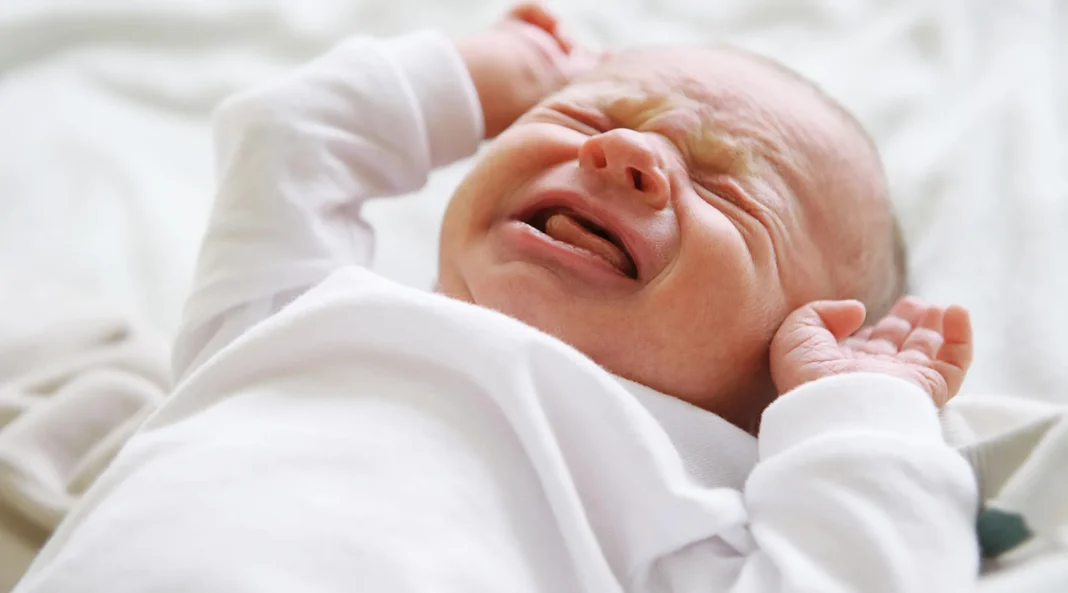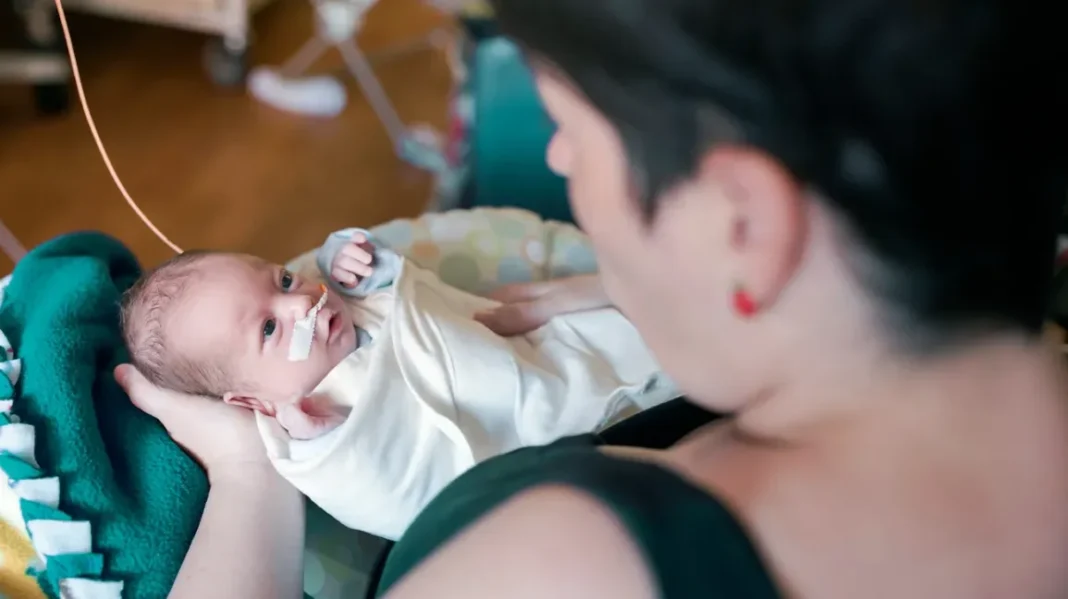A groundbreaking study by University College London (UCL) has revealed that newborn babies, especially those born prematurely, experience pain in ways that are physically real but emotionally and cognitively incomplete.
Led by author and neuroscientist Professor Lorenzo Fabrizi, the study shows that while infants can physically feel pain, their brains lack the emotional and interpretive maturity to fully process it—fundamentally reshaping our understanding of infant pain and its management in neonatal care.

“Pain is a complex experience with physical, emotional and cognitive elements,” explains Professor Fabrizi.
In adults, pain processing involves a network of brain regions known as the ‘pain connectome‘, where each part contributes to different aspects of the pain experience.
“In newborn babies, this network is underdeveloped, which could mean that pain experience in newborns is totally different from the way we, as adults, understand it,” Fabrizi explained.
Using advanced MRI scans of more than 370 preterm and full-term infants—some as early as 32 weeks gestation—the team mapped how the brain’s “pain connectome” develops. This network governs how we sense, react to, and make sense of pain.
The researchers identified three key components of this pain network:
- Sensory-Discriminative – Determines where the pain is and how intense it feels. This starts developing around 34–36 weeks of gestation.
- Affective-Motivational – The emotional response to pain. It begins to mature between 36–38 weeks, allowing babies to recognize pain as unpleasant or threatening.
- Cognitive-Evaluative – The ability to interpret and contextualize pain. This part matures well beyond 42 weeks, meaning even full-term newborns lack full cognitive understanding of pain.
The findings highlight that while infants do feel pain, their brains do not yet support emotional and cognitive coping mechanisms. This could explain earlier results from the same team, published in 2023, showing that premature babies don’t habituate to repeated pain. In other words, they don’t “get used to it”—each painful stimulus feels just as intense.
“Preterm babies may be especially vulnerable during critical stages of brain development,” Fabrizi noted. “They experience pain repeatedly without the neurological tools to understand or cope with it.”
These insights underscore the urgent need for more informed neonatal care—particularly tailored pain management strategies and judicious timing of medical procedures.




